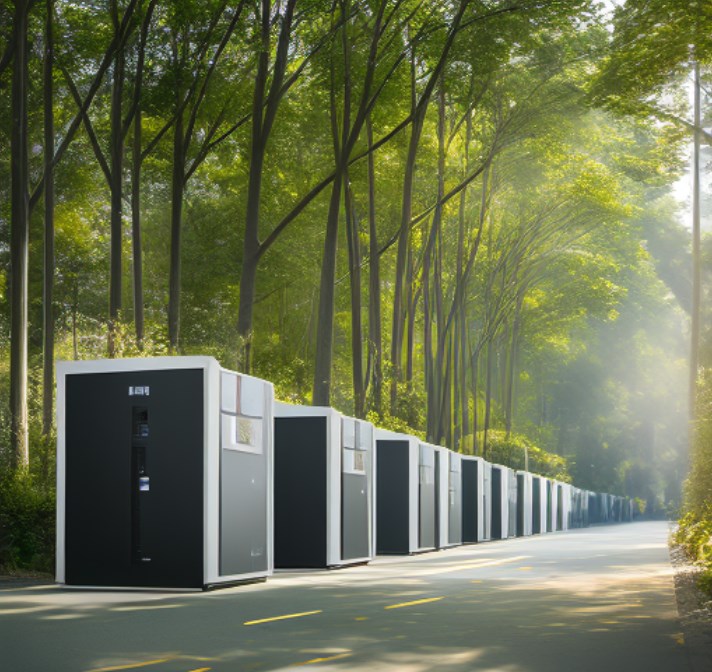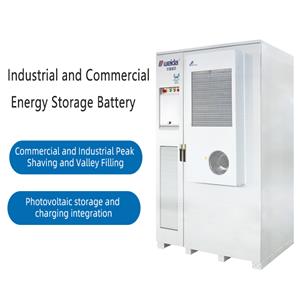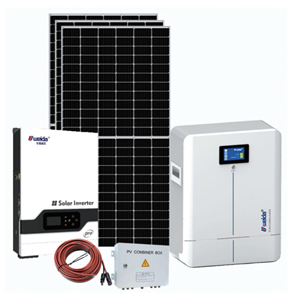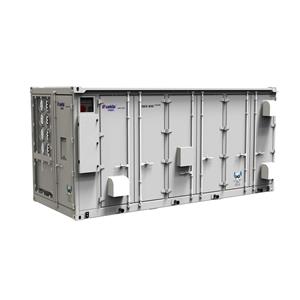Unveiling the Power of Lead-Acid Batteries in the Energy Storage Industry
In the rapidly evolving world of renewable energy, energy storage plays a crucial role in optimizing power usage and ensuring a reliable supply. Among various technologies, lead-acid batteries have emerged as a stalwart contender due to their cost-effectiveness and proven track record. This article aims to shed light on the fascinating aspects of lead-acid batteries while addressing common questions that arise when considering this technology for energy storage.

Section 1: Understanding Lead-Acid Batteries
Lead-acid batteries have been powering our lives for over a century. These rechargeable batteries employ a simple yet efficient chemical reaction using lead plates and sulfuric acid electrolyte. They offer significant advantages such as high energy density, versatility, and low maintenance requirements. Despite advancements in battery technologies, lead-acid batteries continue to dominate applications in uninterruptible power supply (UPS), automotive industries, and off-grid solar systems.
Section 2: Harnessing the Potential of Lead-Acid Batteries in Energy Storage
With the growing need for energy storage solutions, lead-acid batteries are carving their niche in this industry. Their scalability, compatibility with existing infrastructure, and affordability make them an attractive option for several applications. Whether it's providing backup power during peak demand, stabilizing renewable energy sources, or enabling off-grid living, lead-acid batteries offer robust performance and reliability.
Section 3: Frequently Asked Questions
Let's address some common questions regarding lead-acid batteries for energy storage:

FAQ 1: Are lead-acid batteries environmentally friendly?
Answer: While lead is a toxic element, modern lead-acid batteries are highly recyclable, with up to 99% of the materials being reused. Additionally, stringent regulations ensure proper disposal and recycling practices, minimizing environmental impact.
FAQ 2: What is the lifespan of lead-acid batteries?
Answer: The lifespan of lead-acid batteries varies depending on factors such as depth of discharge and operating conditions. Generally, they can last anywhere from 3 to 10 years.

FAQ 3: Can lead-acid batteries be used with solar power systems?
Answer: Absolutely! Lead-acid batteries are compatible with solar power systems and are widely used to store excess energy generated by solar panels for later use during non-sunlight hours.
FAQ 4: How do I maintain lead-acid batteries?
Answer: Regular maintenance includes checking electrolyte levels, cleaning terminals, and ensuring proper ventilation. Following manufacturer guidelines and periodic inspections are essential for optimal performance.

As we navigate towards a sustainable future, the significance of energy storage becomes paramount. Lead-acid batteries stand as a trusted solution for numerous energy storage applications. Their proven reliability, affordability, and compatibility make them an ideal choice for individuals and businesses alike. By understanding the potential and addressing common concerns, we can embrace the benefits of lead-acid batteries and contribute towards a greener and more sustainable energy landscape.



